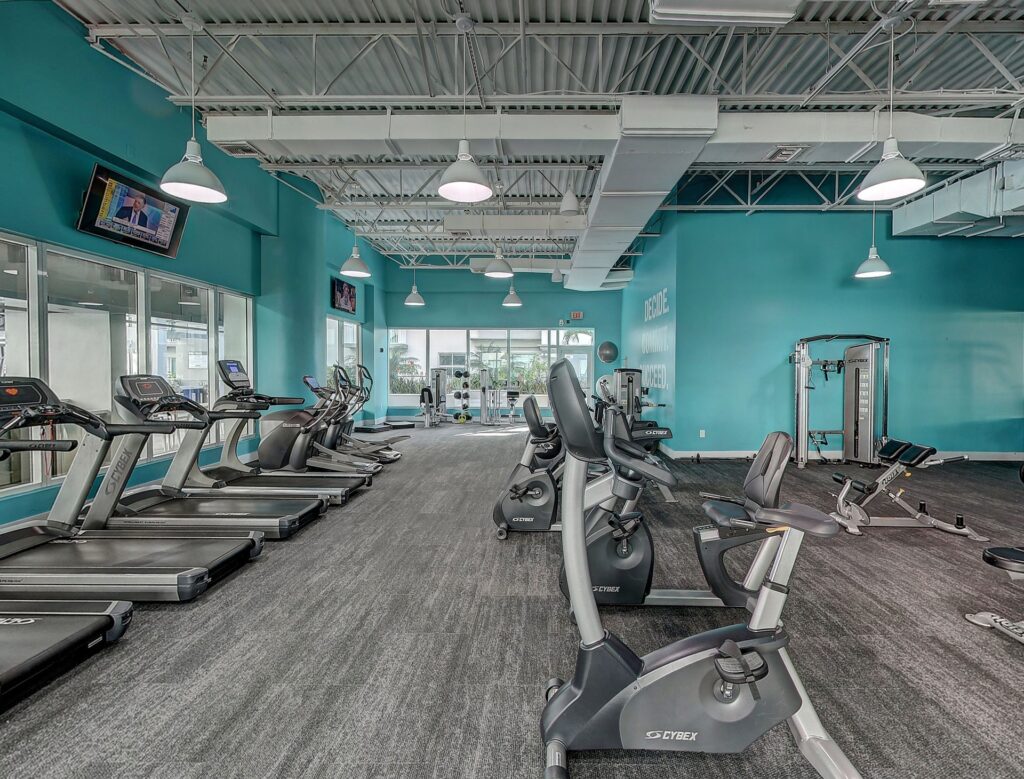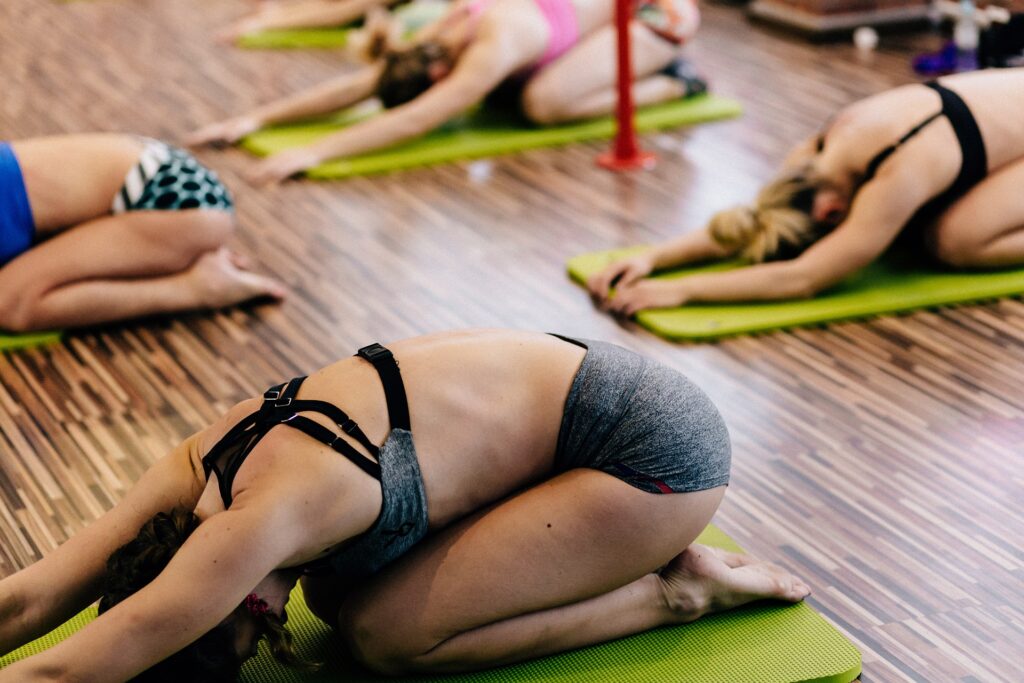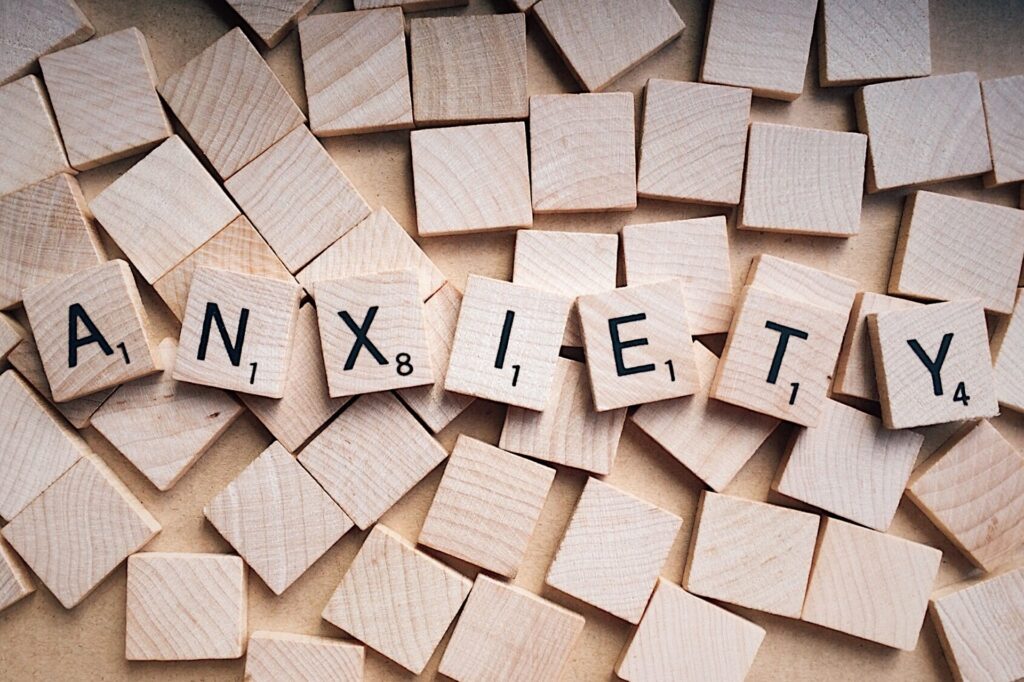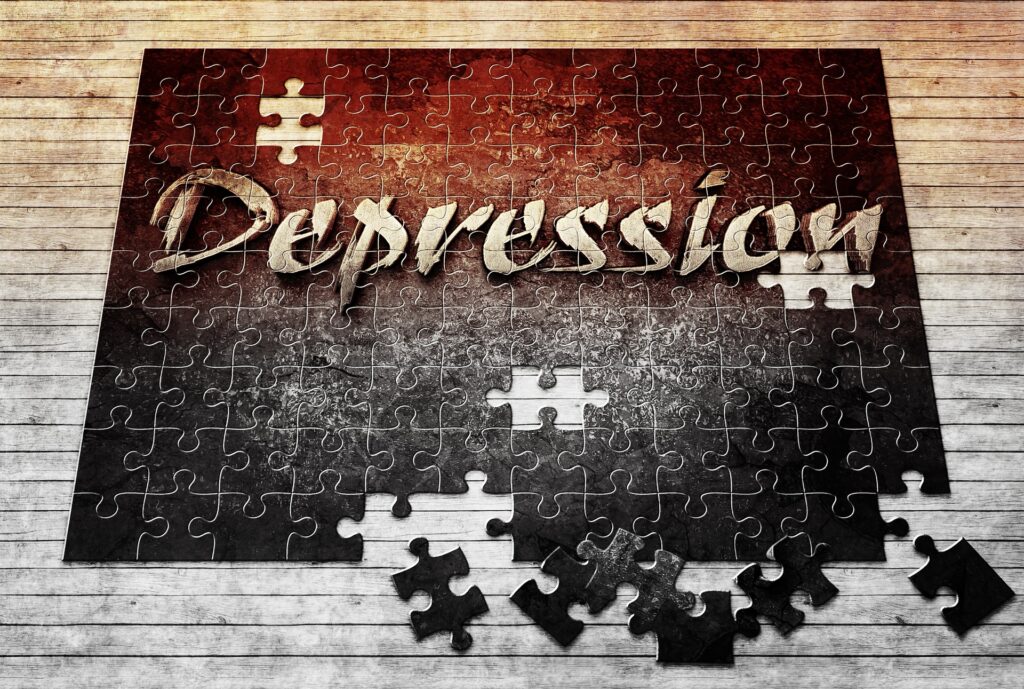(This article is an informational and personal experience article only. If you have any symptoms or questions related to your health, talk to your neurologist, nurse, or local doctor first. This post contains affiliate links. As an Amazon Associate, I earn from qualified purchases.)

Exercise to help your mental health
Every year you have your summer with new goals. With goals of all kinds. Mine is my mental health. But part of me wonders how a summer goal to exercise to help your mental health really works. As a person with pre-existing conditions that will never fully heal. I wonder how my physical health affects my mental health or vice versa.
Hello, my name is John I am a certified peer recovery specialist and have dealt with epilepsy for the last 34 years of my life. Working out has always been a way to calm me down during serious times of stress. But I am curious about the facts. Let’s check it out.
Key types of exercise to use for mental health improvements.
There are two basic ways to use exercise to improve your mental health with things such as depression and anxiety.
- Aerobics (walking, running, treadmills, yoga or ellipticals)

2. Intensity workout (weights, pullups, pushups, HIIT (high-intensity interval training)

Let’s go over how a summer goal to exercise to help your mental health works.
Anxiety

On this Link (1) they estimated 19.1% of the US population has an anxiety disorder or 63 million people and only 43.2% had received treatment in 2022.
In The influence of exercise on mental Health, the study the Landers did with Arizona State University located on this website (2), points out, out of 27 narratives studies done between 1960 -1994, they found 81% of the people had anxiety reduction because of physical/fitness activities. The other 19% had divergent results but still, all agreed physical/fitness activities helped with anxiety disorder.
It also explains that aerobics, not weights are the key type of exercise that helps with anxiety reduction. It takes 10 to 15 preferably, weeks of aerobic training, to add up to 4 to 6 hours of anxiety reduction after exercising. The study Exercise and Mental health (3) say that 20 -40 minutes of aerobics improve anxiety and mood for several hours for all people suffering from anxiety.
Depression

Found in the study “the influence of exercise on mental health” you can find on this link (4). Exercise such as weights and strength building have a positive effect on depression in the first session. And it explains that longer effects happen if training is longer than nine weeks and involves more sessions. The types of exercise that are good for helping depression are longer duration, high intensity, and a greater number of days per week, which can help depression classified as moderate or severe.
Exercise can sometimes have the same effects as psychotherapy, and behavioral interventions. If your insurance is poor on helping with mental health treatment, in full cost or co-pay, exercise could help at a lower cost. Ten studies brought a small but statistically significant increase in physical self-concept or self-esteem involving exercise.
In the study Physical exercise & mental health in 1.2 million individuals in the USA made between 2011 to 2015. (5) found individuals exercising had 43.2% fewer days of poor mental health in one month compared to individuals who didn’t exercise. The study also pointed out that all exercises were related to lowering mental health burdens. With a minimum of 11.8% and a high of 22.3% compared to non-exercising.
This study also pointed out that team sports were the highest with 22.3 %, Cycling at 21.6%, and aerobics at 20.1%. This was 45 minutes at 3 to 5 times a week. Everyone knows if you research health, that in health studies and exercise blogs, this type of routine helps with weight loss or strength building too.
You might have days where you don’t do much to improve your mental but always remember as they point out in W.R.A.P (wellness recovery action plan) groups. There will always be setbacks and difficulties but every wellness tool you use and little step you take toward better mental health matters.
(This article is an informational and personal experience article only. If you have any symptoms or questions related to your health, talk to your neurologist, nurse, or local doctor first.)

John is a person who has been diagnosed with epilepsy since the age of 8. John has been a certified peer recovery specialist in the state of Iowa since 2019. John also has training in ASIST (Applied Suicide Intervention Skills Training). John is an advocate for epilepsy and mental health. John’s blog is to help fellow people like John diagnosed with epilepsy and mental on their road to recovery.
John loves art, comics (Marvel especially), and the UI Hawkeyes. John lives in a small town with his 2 furry brothers Louie and Mario. (Dogs)
(This article is an informational and personal experience article only. If you have any symptoms or questions related to your health, talk to your neurologist, nurse, or local doctor first. This post contains affiliate links. As an Amazon Associate, I earn from qualified purchases.)

Pingback: 3 New year’s goals for your Mental Health - http://weirdmindwarrior.com
Pingback: Key things to know about Winter Depression - http://weirdmindwarrior.com
Pingback: How your mental health affect your physical health and ways to improve it - http://weirdmindwarrior.com